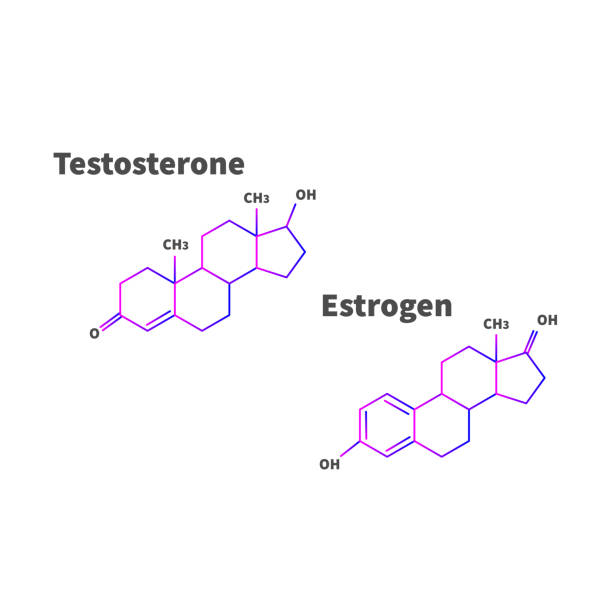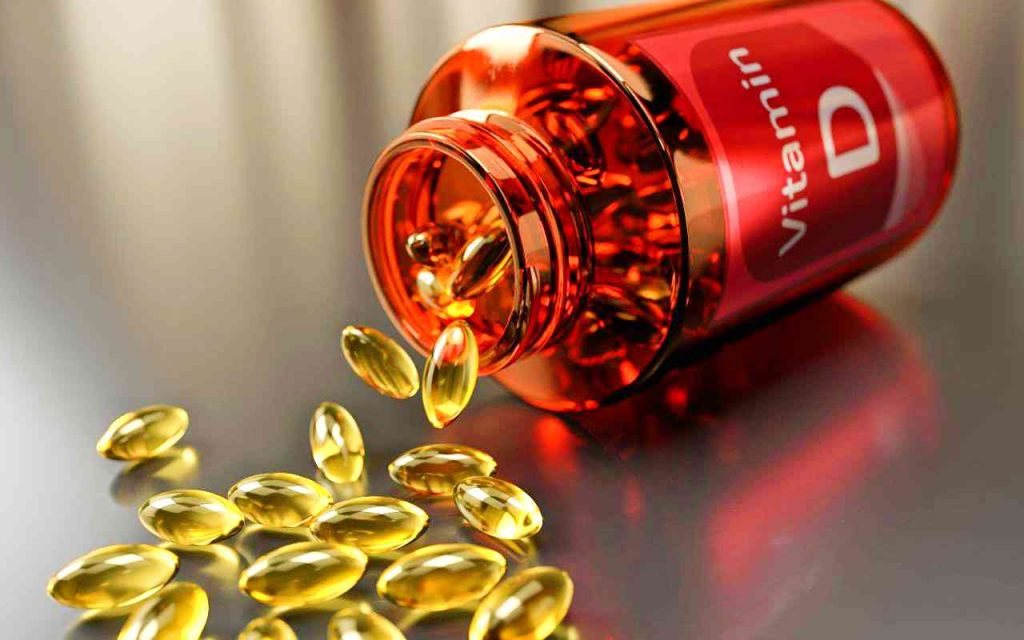Balancing hormones plays a pivotal role in achieving optimal fitness gains. Hormones like testosterone, estrogen, cortisol, and insulin significantly influence muscle growth, fat loss, and overall well-being. Disruptions in hormonal balance can hinder fitness progress, leading to weight management, muscle development, and mental health challenges. Understanding and managing these hormonal levels is essential for anyone looking to enhance their fitness journey effectively. This article explores the intricate relationship between hormonal balance and fitness, offering insights into recognizing imbalances and strategies for maintaining hormonal health through diet, exercise, and lifestyle adjustments.
Contents
- 1 Understanding Key Hormones in Fitness
- 2 Signs of Hormonal Imbalance Affecting Fitness
- 3 Nutrition’s Role in Hormonal Balance
- 4 Exercise and Hormone Regulation
- 5 The Impact of Sleep and Stress Management
- 6 Supplements and Hormones: What Works?
- 7 The Role of Medical Guidance and Monitoring
- 8 Lifestyle Factors Influencing Hormonal Balance
- 9 Tailoring Your Fitness Regimen for Hormonal Health
- 10 Future Perspectives in Hormone Research and Fitness
- 11 The Bottom Line
Understanding Key Hormones in Fitness
Hormones are the body’s chemical messengers, crucial for regulating various physiological processes, including fitness and body composition. Testosterone, often associated with muscle growth and strength, plays a vital role in both men and women, influencing fat distribution and libido. Estrogen, typically more prominent in women, is essential for bone health and can impact fat storage. Its balance is crucial for optimal physical performance and recovery.
Cortisol, the stress hormone, can positively and negatively affect the body. While essential for energy regulation, excessive cortisol due to chronic stress or overtraining can lead to muscle breakdown and increased fat storage. Insulin, another critical hormone, manages blood glucose levels and affects how the body stores and uses energy. Its efficient functioning is vital for muscle growth and preventing fat accumulation.
Signs of Hormonal Imbalance Affecting Fitness
Recognizing the signs of hormonal imbalance can be key to addressing fitness hurdles. Physical symptoms such as unexplained weight gain or loss, persistent fatigue, and difficulty in muscle building can indicate hormonal disruptions. Women may notice changes in their menstrual cycles, while men might experience reduced libido or erectile dysfunction.
Mental and emotional symptoms are equally telling. Hormonal imbalances can lead to mood swings, depression, or anxiety, impacting motivation and mental resilience essential for fitness routines. Performance-related signs include a noticeable plateau in progress, decreased strength, or reduced endurance, suggesting hormonal factors might be at play.
Nutrition’s Role in Hormonal Balance
Diet plays a critical role in maintaining hormonal balance. A nutrient-rich diet, consisting of a balance of proteins, fats, and carbohydrates, supports the body’s endocrine system. Essential fatty acids in foods like fish, nuts, and seeds are crucial for hormone production. Zinc, found in meat, shellfish, and legumes, plays a role in testosterone production.
Conversely, excessive consumption of processed foods, sugars, and alcohol can disrupt hormonal balance, leading to issues like insulin resistance and increased cortisol levels. Balancing macronutrients and focusing on whole, unprocessed foods can significantly improve hormonal health and, by extension, fitness results.
Exercise and Hormone Regulation
Exercise influences hormone levels in various ways. Resistance training, such as weightlifting, can boost testosterone levels, aiding muscle growth and fat loss. Cardiovascular exercises, like running or cycling, can improve heart health and regulate hormones like insulin and cortisol.
However, the key is balance. Over-exercising or excessive high-intensity training can lead to elevated cortisol levels, countering fitness goals. Incorporating a mix of strength, cardio, and flexibility exercises and adequate rest days can optimize hormonal response and enhance fitness outcomes.
The Impact of Sleep and Stress Management
Sleep and stress have a direct impact on hormonal balance. Poor sleep quality can lead to increased cortisol levels and decreased growth hormone production, which is essential for muscle repair and recovery. Physical or psychological stress can exacerbate hormonal imbalances, affecting fitness goals.
Stress-reduction techniques like meditation, yoga, or even simple deep-breathing exercises can help regulate cortisol levels. Prioritizing sleep, aiming for 7-9 hours per night, and establishing a regular sleep schedule can significantly improve hormonal balance and overall fitness performance.
Supplements and Hormones: What Works?
While the market is flooded with supplements claiming to balance hormones, it’s essential to approach them with caution. Vitamin D, crucial for bone health and muscle function, can be beneficial, especially for individuals with a deficiency. Magnesium, found in leafy greens, nuts, and seeds, plays a role in over 300 enzymatic reactions, including hormone production.
However, it’s important to note that supplements should not replace a balanced diet. Consulting with a healthcare professional before starting any supplement regimen is crucial, as some supplements can have adverse effects or interact with other medications.
The Role of Medical Guidance and Monitoring
Seeking medical advice is crucial when dealing with hormonal imbalances. To assess hormone levels, healthcare professionals can provide comprehensive evaluations, including blood tests. This can lead to a more tailored approach to diet, exercise, and lifestyle changes, ensuring safe and effective management of hormonal health.
Medical interventions may include hormone replacement therapy or medications to address specific imbalances. However, these should always be considered under strict medical supervision. Regular monitoring is also important, as hormonal needs can change over time due to aging, stress, and lifestyle changes.
Lifestyle Factors Influencing Hormonal Balance
Beyond diet and exercise, other lifestyle factors significantly impact hormonal health. Alcohol consumption, smoking, and exposure to environmental toxins can all disrupt hormonal balance. Reducing these negative influences is an important step toward maintaining hormonal equilibrium.
Mindfulness and relaxation techniques can also play a significant role in managing stress hormones like cortisol. Activities like walking in nature, practicing hobbies, or spending time with loved ones can promote well-being, positively influencing hormonal health and overall fitness.
Tailoring Your Fitness Regimen for Hormonal Health
An individualized approach to fitness, considering hormonal balance, can yield better results. This includes choosing the right mix of exercises and considering the timing, duration, and intensity of workouts to one’s hormonal state.
For instance, women may need to adjust their training around their menstrual cycle, while men might focus on activities that boost testosterone, like resistance training. Listening to one’s body and adjusting fitness routines accordingly can lead to more sustainable and effective fitness gains.
Future Perspectives in Hormone Research and Fitness
The field of hormones and fitness is continuously evolving, with new research shedding light on how hormonal interactions affect physical performance and well-being. Future developments may offer more personalized approaches to fitness, considering individual hormonal profiles.
Emerging technologies and research methodologies might also provide deeper insights into the complex relationship between hormones, exercise, nutrition, and overall health. Staying informed and adaptable to new findings can help fitness enthusiasts and professionals achieve optimal results.
The Bottom Line
Balancing hormones is a crucial aspect of achieving optimal fitness gains. Understanding the role of key hormones, recognizing signs of imbalance, and adopting a holistic approach encompassing diet, exercise, stress management, and sleep can significantly impact one’s fitness journey. Consulting healthcare professionals and staying informed about the latest research are vital steps. By focusing on hormonal health as a core fitness component, individuals can achieve a more balanced, healthy, and effective approach to physical well-being.












